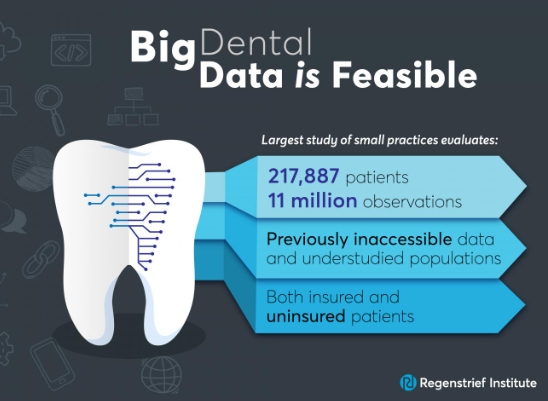The Future of Dental Care: How Electronic Records are Revolutionizing the Industry
When you think of advancements in technology, the field of dentistry may not immediately come to mind. However, the use of electronic health records (EHR) in dental practices is transforming the way dental care is delivered and managed.
Improved Efficiency and Accuracy
Electronic records allow dental professionals to access patient information quickly and easily, leading to more efficient and accurate care. With just a few clicks, dentists can view a patient’s complete medical history, including past treatments, medications, and allergies. This not only streamlines the treatment process but also reduces the chances of errors due to missing or outdated information.
Enhanced Communication and Collaboration
Electronic records enable seamless communication between different healthcare providers involved in a patient’s care. Dentists can easily share patient information with other specialists, such as orthodontists or oral surgeons, to ensure coordinated and comprehensive treatment. This level of collaboration leads to better outcomes for patients and improved overall quality of care.
Improved Patient Experience
The use of electronic records also enhances the patient experience. Patients no longer have to fill out cumbersome paper forms or repeatedly recount their medical histories to different providers. With EHRs, all relevant information is stored in one place, making appointments more efficient and reducing the likelihood of errors or miscommunications.
Enhanced Data Security
Electronic health records offer advanced security features to protect patient information. Access to records can be restricted to authorized personnel only, reducing the risk of data breaches or unauthorized access. This provides peace of mind for both patients and providers, knowing that sensitive information is secure.
Overall, the use of electronic health records in dental care is revolutionizing the industry by improving efficiency, communication, and patient outcomes. As technology continues to advance, we can expect even greater innovations in dental care that will further enhance the quality and delivery of services.

